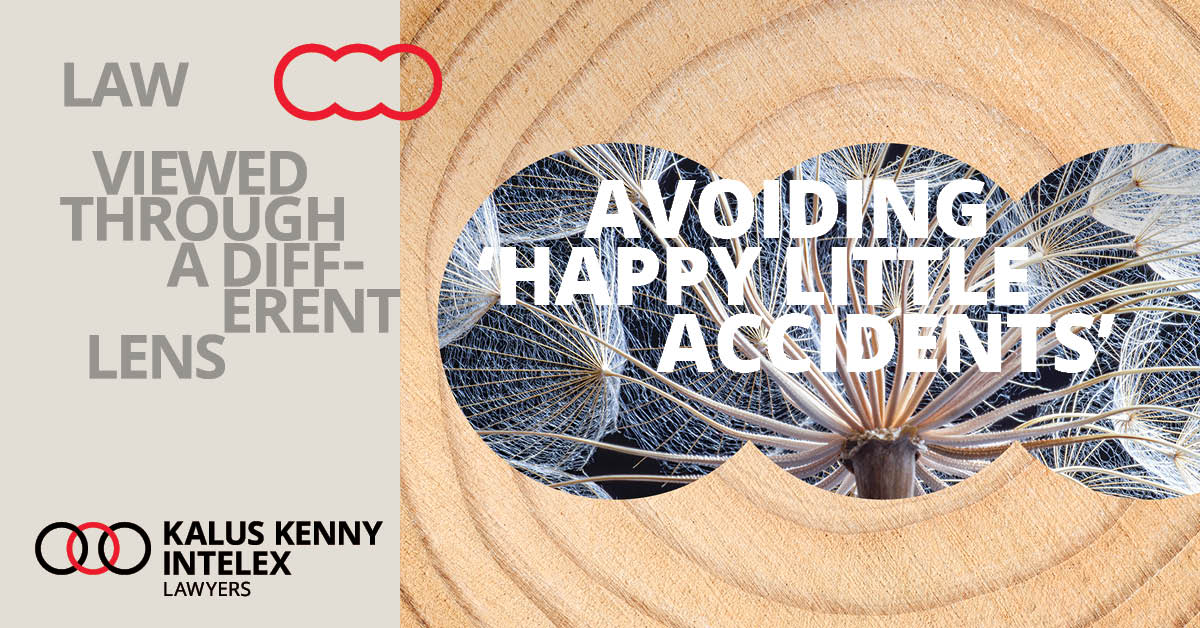I am an avid fan of Bob Ross’ canvas painting tutorials. While ‘do it yourself’ projects were all the rage during the 80’s and 90’s, Bob Ross arguably pioneered ‘autonomous sensory meridian response’ (ASMR) before the term was ever coined. His calm and soothing voice was akin to the meditative sounds of water trickling down rocks into a stream or birds chirping in a forest.
Bob Ross sadly passed in 1995 from lymphoma, leaving behind a beautiful legacy and message that we don’t make mistakes, “just happy little accidents”.
With yet another lockdown in Melbourne, I thought binging through the Netflix documentary “Bob Ross: Happy Accidents, Betrayal and Greed” would be such a delight.
I was shocked to learn that Bob Ross’ family are not reaping the benefits of the wealth generated under Bob’s name following his death.
Bob Ross’ estate planning wishes were clear from his Will. He wanted “his name, likeness, and the rest of his intellectual property” to go to his son Steve Ross and Bob’s half-brother, Jimmie Cox.
However, through a series of events including sickness and the actions of his “business partners”, they came to deriving all the profits from Bob Ross Inc, which includes much of the fortune that Bob’s name yields, even 26 years after his death.
After unsuccessful litigation, Steve has ultimately come to terms with this reality and attempts to carry on his father’s legacy, despite being unable to share in the wealth that his father intended for him and for Jimmie.
Despite the principles that Bob lived by, I doubt that even he would regard the outcome as a “happy little accident”.
The starting position of any prudent estate planning is to:
- Understand what assets will fall into your estate;
- Appoint a trusted individual to carry out your estate planning wishes. This is especially important when that appointment opens the door to wide discretions, especially in family discretionary trusts.
For entrepreneurs and high net wealth individuals, assets might be held in corporate or trust structures which are difficult to understand. This is where the involvement of an experienced estate planning lawyer and accountant is invaluable to:
- Unpack the manner in which you own your assets or more often than not, may not effectively control;
- Understand where those assets will fall upon your passing;
- Examine and if necessary restructure your business to ensure your estate planning is more secure;
- Understand the tax and stamp duty consequences of any restructuring or any provisions in your Will;
- Draft appropriate documents to ensure your wishes are carried out on your death and preparing documents to limit or broaden discretions where necessary and possible.
For business succession and estate planning advice, contact Lisa George or our Estate Planning team.



